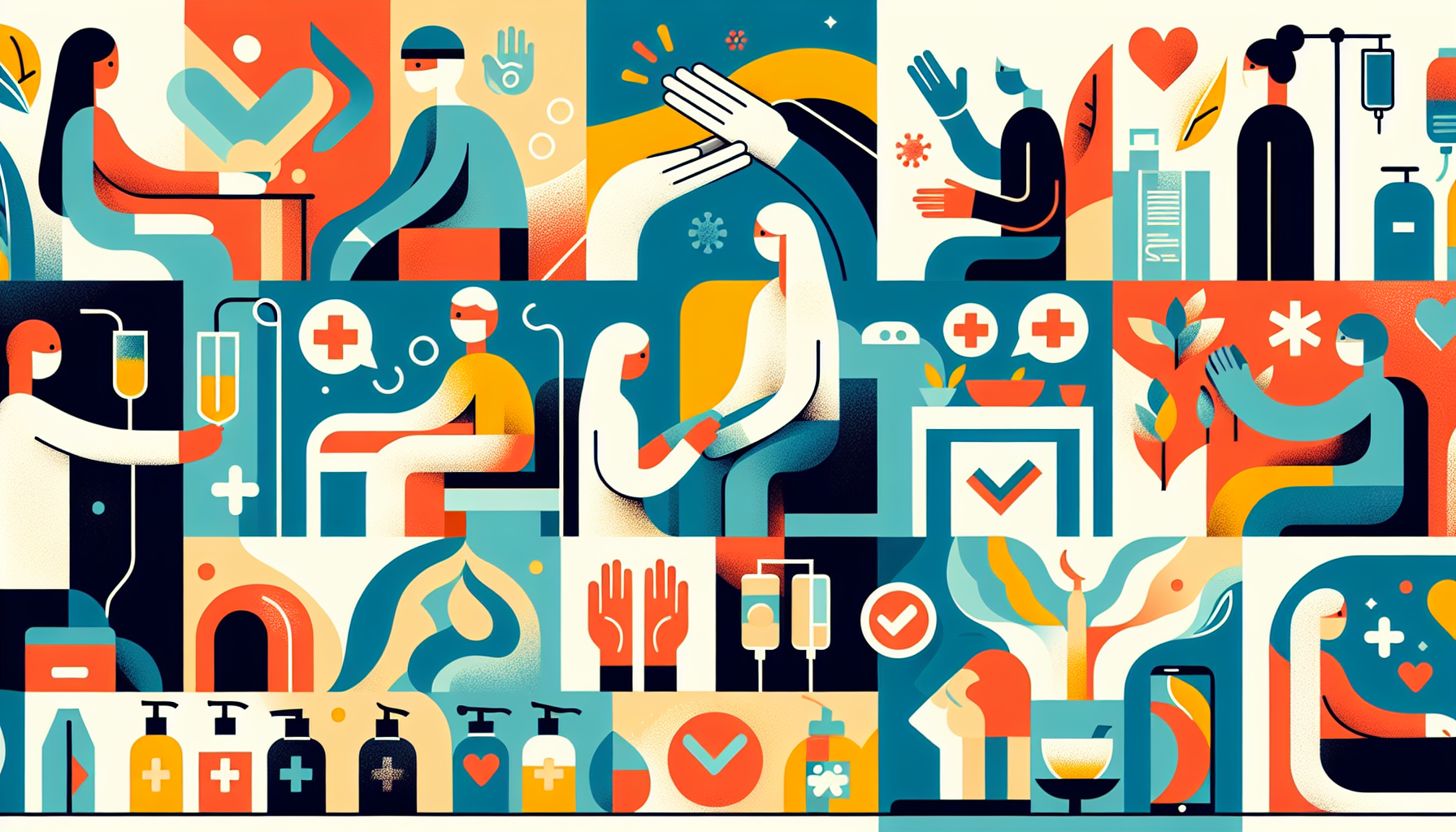When you go to the hospital for surgery, testing, or an outpatient procedure, it's crucial to take steps to protect yourself from potential health risks. Hospital-acquired infections can lead to longer hospital stays, readmission, and a slower recovery process. By following some simple guidelines, you can minimize your risk and ensure a smoother recovery.
Understanding the Risks
The potential risks you face during a hospital stay depend on several factors, including the reason for your visit and the facility itself. According to Dr. Erica Shenoy, an infectious diseases specialist and associate chief of infection control at Harvard-affiliated Massachusetts General Hospital, hospital-acquired infections are a significant concern. These infections can prolong your hospital stay and even lead to readmission.
Tips for Staying Safe
To minimize your risk of hospital-acquired infections and ensure a speedy recovery, consider the following tips:
Practice good hand hygiene: Wash your hands frequently with soap and water, or use an alcohol-based hand sanitizer, especially before eating and after using the restroom.
Keep your surroundings clean: Ask your healthcare providers and visitors to clean their hands before interacting with you, and ensure that your room and medical equipment are regularly disinfected.
Communicate with your healthcare team: Don't hesitate to ask questions about your care and express any concerns you may have. Make sure you understand the purpose of any medications, procedures, or treatments you receive.
Follow post-discharge instructions: After leaving the hospital, closely follow any instructions provided by your healthcare team, such as taking medications as prescribed, attending follow-up appointments, and monitoring your condition for any changes.
Additional Resources
For more information on staying safe during your hospital stay, visit these reputable sources:
By taking proactive steps to protect yourself and working closely with your healthcare team, you can minimize your risk of hospital-acquired infections and ensure a smoother, faster recovery. Remember, your health and safety are the top priorities during your hospital stay.
The Bottom Line
The most effective protection combines advocating for proper hand hygiene, requesting early removal of medical devices when appropriate, and maintaining personal cleanliness throughout your stay. Following discharge instructions completely, including finishing all antibiotics even if you feel better, prevents complications that could require readmission. If you develop concerning symptoms after discharge or have questions about your recovery, Doctronic can provide quick guidance on when to seek immediate care.


